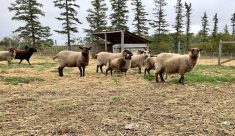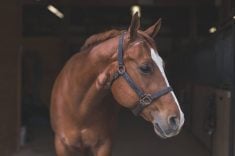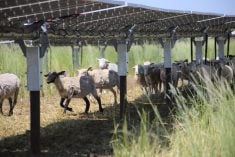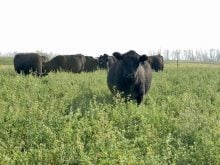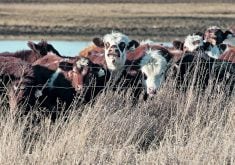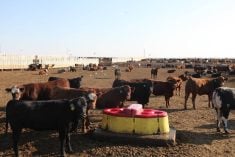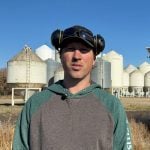A new website www.featherwel.org by the University of Bristol in the U.K. has been launched to help make sure laying hens stay well feathered.
Aimed principally at free-range systems, the website also emphasizes the importance of providing good access to a quality pasture with cover to maximize the opportunities for hens to forage while feeling secure.
The website was endorsed by the poultry industry, said a university release. It focuses on management strategies to help prevent pecking damage occurring from day-old chicks through rear on to transfer to the laying house and throughout lay and provides photographic examples, links and further information.
Read Also
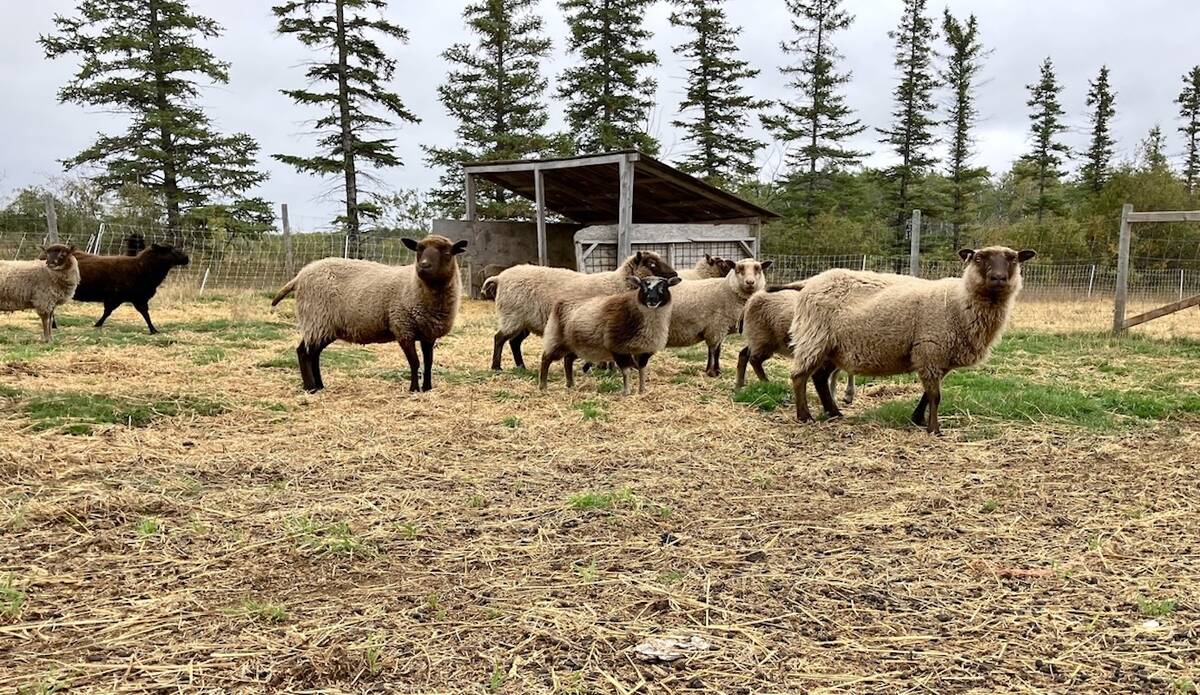
Mosquito-borne virus could be devastating to sheep breeding operations
Cache Valley virus, a mosquito-borne disease that infects small ruminants, could be a devastating hit to small operations.
All forms of injurious pecking, including gentle and severe feather pecking, vent pecking and cannibalism are described. In addition, there is a forum where farmers can share their experiences in managing flocks.
“When it comes to abnormal pecking behaviour, most farmers are well aware that prevention is easier than cure,” Claire Weeks, senior research fellow in animal welfare at the School of Veterinary Sciences, said in the release. “A trial of the advice in the management package on 100 farms as part of the Bristol Pecking Project found that using as many management strategies together as possible was the most effective way of achieving a fully feathered flock.”
The Bristol team is currently trialling the advice in the management package on 20 commercial flocks where the birds have intact beaks (i.e. are not beak trimmed) to provide information for the U.K. government’s review in 2015 ahead of the proposed ban from 2016.


